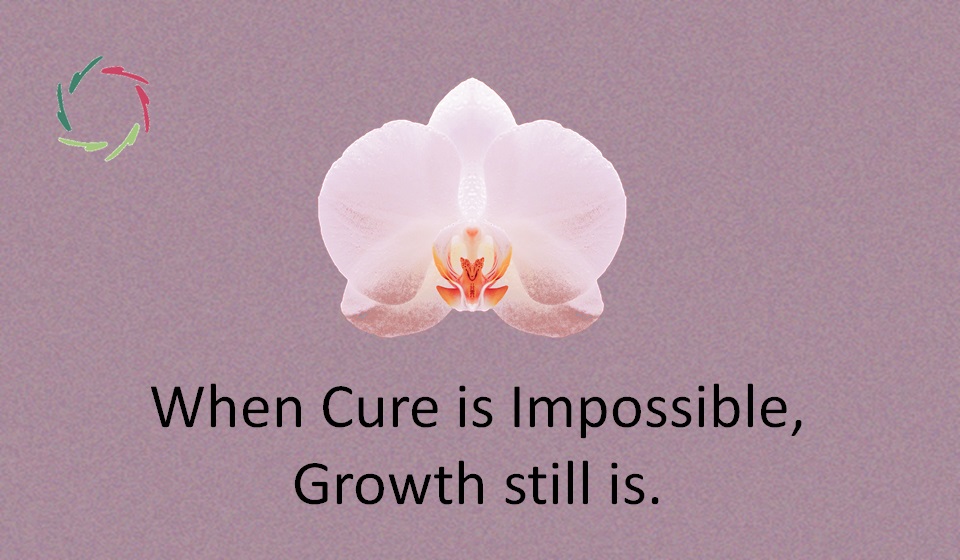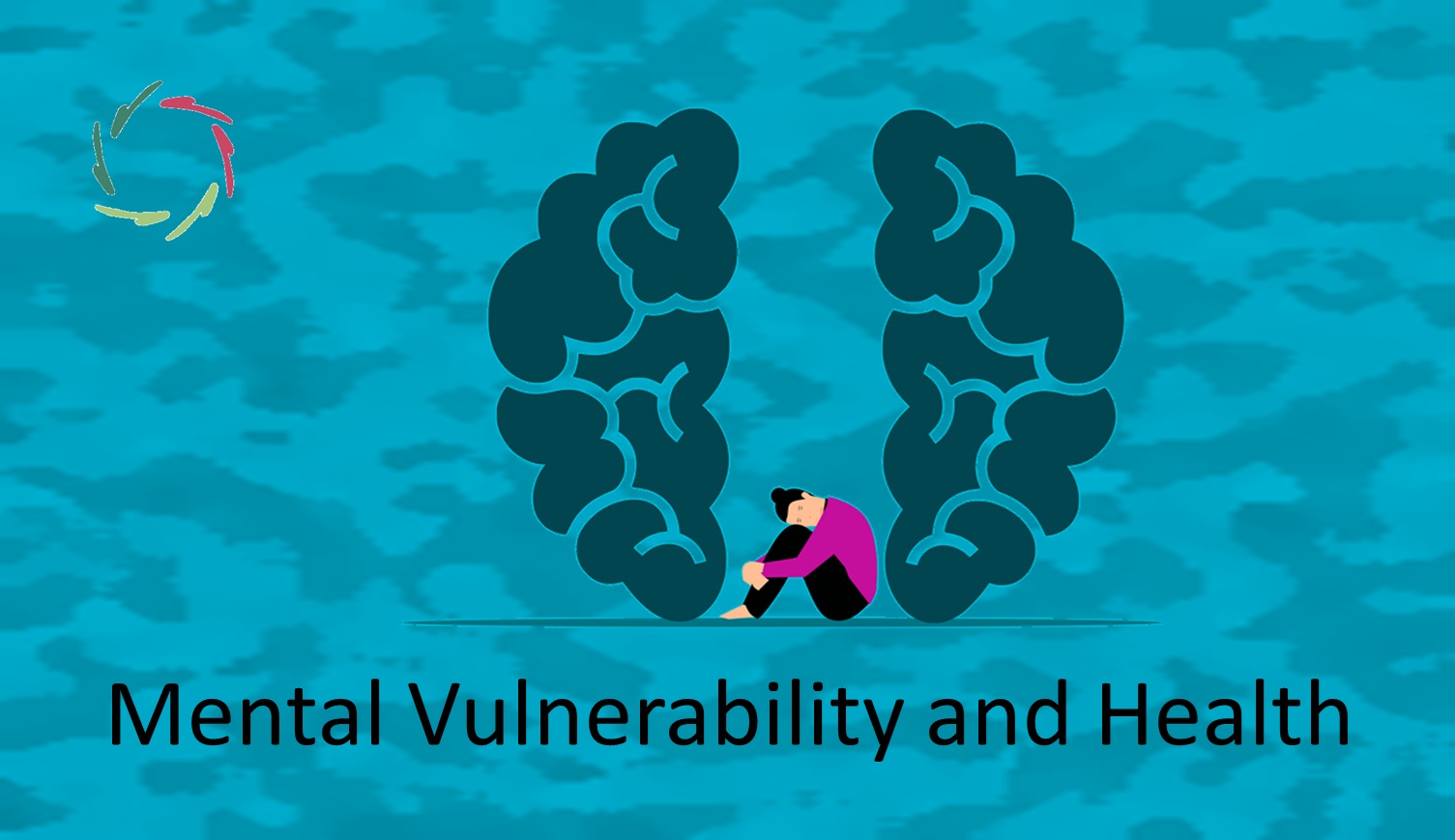When Cure is Impossible, Growth still is.

According to pharmacological and psychotherapeutic failures, mental disorders seem to be incurable, only symptomatically manageable. Recently, genetic research has added fuel to this flame. This might lead to fatalism.
Nevertheless, a profound growth philosophy brings a radically different picture. You might guess that this is very much about the AURELIS philosophy.
Genetics: no genuine disease ― therefore, no therapy of an (inexistent) disease
As described in Abnormal is Normal, since less than a decade ago, genome-wide research (studying the functionally entire genomes of many people) has shown that what has long been seen as genuine mental diseases lie on the same spectrum as normality. Moreover, those conditions are genetically poly-causal and environmentally stochastic (due to chance within a near-chaotic world).
No cure seems principally possible in any of both directions.
Therefore, should we just be fatalistic? No!
Looking for yet other paths within any of the above directions may lead us to therapies that might seem more effective ― a new drug, a new conceptual psychotherapeutic school that seems shiny at the start. We shouldn’t abandon such searches, but we should be more cautious with them. Sadly, the past has taught us many unfortunate lessons replete with unforeseen side effects, disasters, and replication crises. Moreover, the more we enter the real thing, the more cautious we should become. The future, in this sense, is challenging.
Besides all that, we may better look for altogether another dimension in order to alleviate a gigantic amount of real suffering. For this, we may need to start listening to nature, finally, from a combination of science and depth simultaneously.
Then, genes and environmental elements start to talk differently.
There is always a trajectory from genotype (what lies in the genes) to phenotype (what shows in the world).
Many genes each contribute small degrees to many actual mental conditions, each lying on the outskirts of the normal. This is a scientific fact by now, but almost certainly not the whole picture by far. The complexity of a trajectory also leads to a lot of interplay between individual elements — thus, whirlpool phenomena. This has consequences:
- Keeping out of the whirlpool may be done in a non-complex way — just a few preventive steps in the right direction, avoiding the wrong one.
- In the interplay of many elements, many small nudges may change the general direction. This is what I mainly see as growth in this respect.
Growing beyond the symptom(s)
Curing a disease would be one way of getting rid of the symptoms. If not possible, then squashing the symptoms seems to be the only alternative.
As to this blog’s title, there is a third way: growing beyond. This is growth instead of repair.
Scientifically speaking, we are still at the beginning of this path. We don’t know to which heights of health and Inner Strength one may reach if one’s mind itself becomes the cure, optimally realizing change from the inside out.
The future, in this sense, is bright and open. I see no need to be fatalistic at all. Genes are no excuse.


